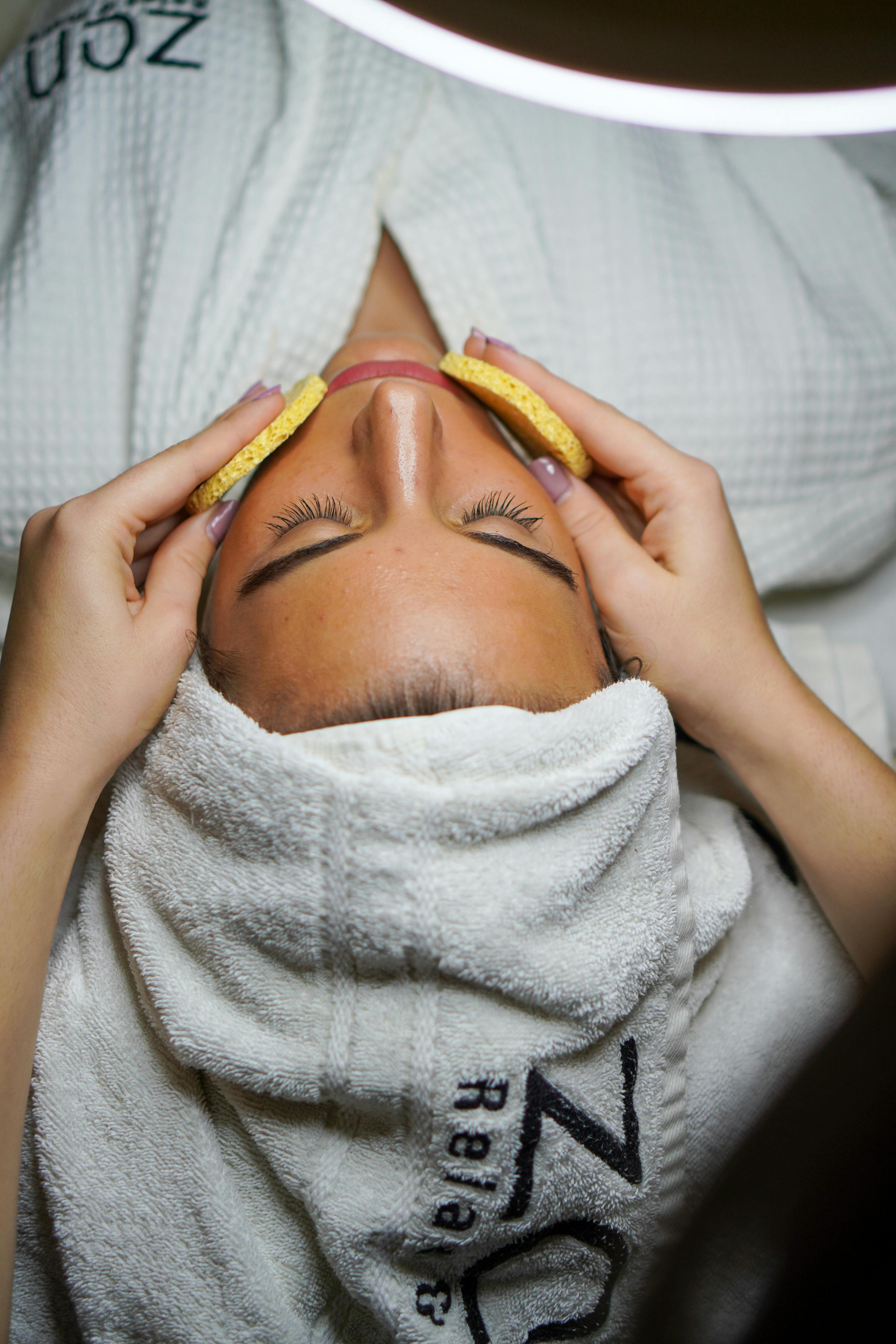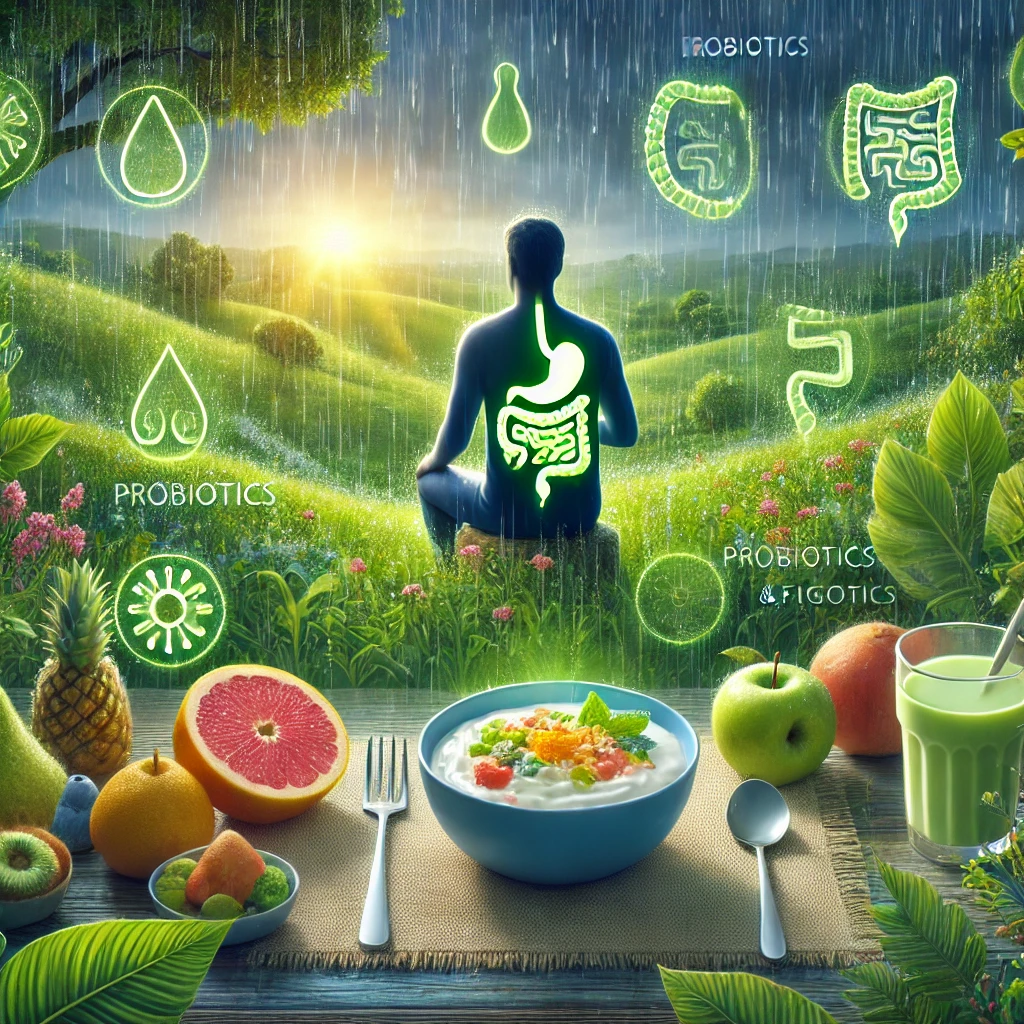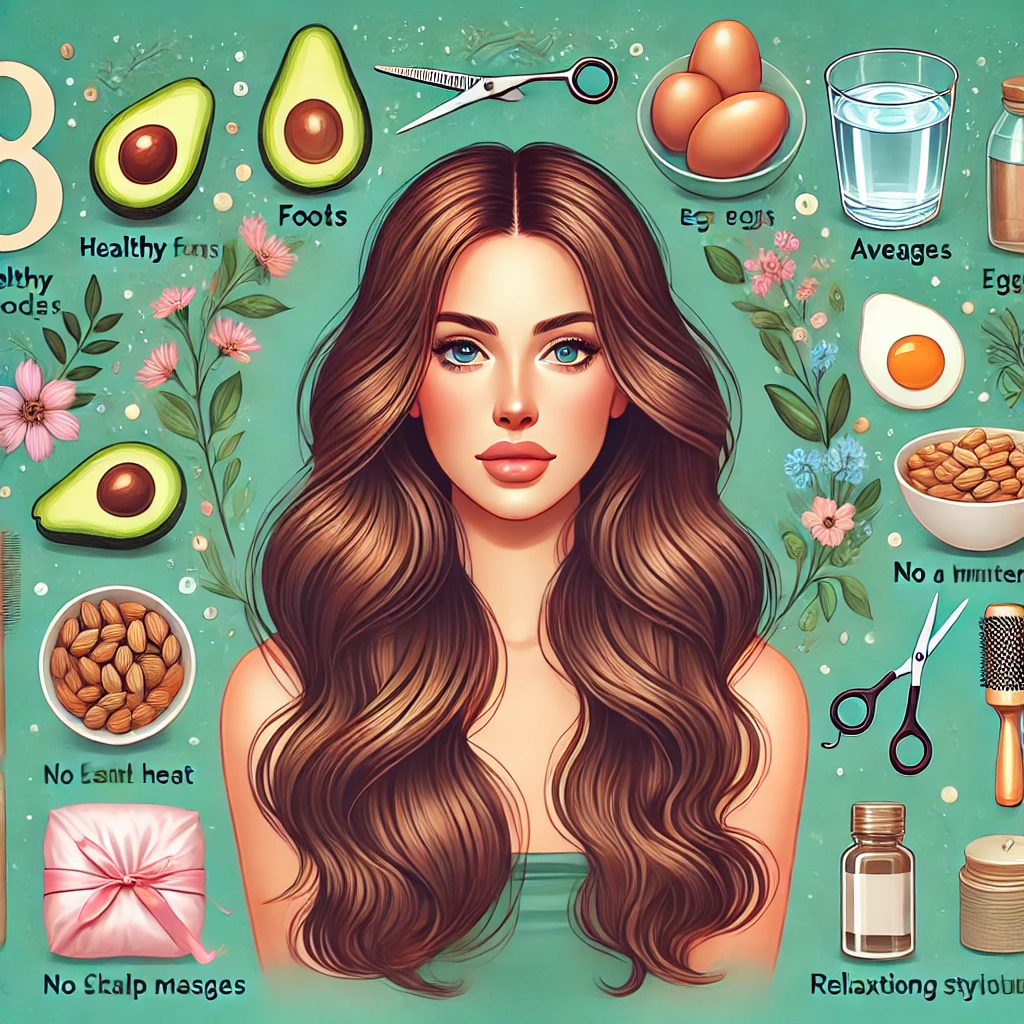Introduction
Stress is often called the "silent killer," wreaking havoc on our mental and physical health. But did you know it could also be altering your appearance? Many people notice changes in their face, particularly increased puffiness or the appearance of a fuller face, during periods of high stress. In this blog, we'll explore the surprising ways stress can affect your facial appearance, the science behind it, and what you can do to counteract these effects.
The Link Between Stress and Facial Puffiness:
Stress triggers a series of reactions in your body, starting with the release of cortisol, commonly known as the stress hormone. While cortisol is essential for your body’s fight-or-flight response, chronic stress can lead to consistently elevated cortisol levels. This can cause your body to retain water and sodium, leading to bloating and puffiness, particularly in the face.
1. Cortisol and Fat Storage: Cortisol not only causes water retention but also influences fat distribution in the body. Under stress, your body may store more fat in the abdominal area and face. This is because cortisol increases appetite, particularly for high-calorie foods, leading to weight gain that can be most noticeable in the face.
2. Inflammation and Swelling:Chronic stress leads to inflammation, a key factor in many health issues. Inflammation can cause your face to appear swollen and puffy. Conditions like stress-induced rosacea or acne can also contribute to a less defined facial structure.
3. Poor Sleep and Facial Appearance:Stress often disrupts sleep, leading to poor-quality rest. Lack of sleep affects your skin’s ability to repair itself, leading to a tired and puffy appearance. Dark circles and puffiness under the eyes are common signs of stress-related sleep deprivation.
Dietary Choices During Stress:When stressed, people tend to gravitate towards comfort foods, which are often high in salt and sugar. Excess salt leads to water retention, exacerbating facial puffiness. Additionally, sugar can cause glycation, which damages collagen and elastin in the skin, leading to a lack of firmness and a rounder facial appearance.
Practical Tips to Combat Stress-Induced Facial Changes:
1. Mindful Eating:Opt for a balanced diet rich in whole foods, fruits, vegetables, and lean proteins. Avoid excessive salt and sugar to prevent water retention and inflammation.
2. Regular Exercise: Exercise not only helps reduce stress but also boosts circulation, which can reduce puffiness and help you maintain a healthy weight. Facial exercises or yoga can also improve muscle tone and reduce bloating.
3. Hydration:Drink plenty of water to flush out excess sodium and reduce water retention. Staying hydrated also helps maintain skin elasticity and reduce puffiness.
4. Sleep Hygiene:Aim for 7-9 hours of quality sleep each night. Establish a bedtime routine to improve sleep quality, and consider using a cool, calming eye mask to reduce morning puffiness
5. Stress Management Techniques:Incorporate stress-relief practices such as meditation, deep breathing, or yoga into your daily routine. Reducing stress levels will lower cortisol production, which in turn will decrease water retention and inflammation.
6. Skincare Regimen:Use products with anti-inflammatory and de-puffing ingredients, like caffeine or green tea extract, to reduce facial swelling. Regularly massage your face with a jade roller or gua sha tool to improve lymphatic drainage.
Conclusion:
While stress is an unavoidable part of life, understanding how it affects your appearance, particularly your face, can empower you to take control. By implementing healthy lifestyle choices, managing stress effectively, and following a consistent skincare routine, you can minimize the negative impact of stress on your facial appearance and maintain a healthier, more youthful look.




